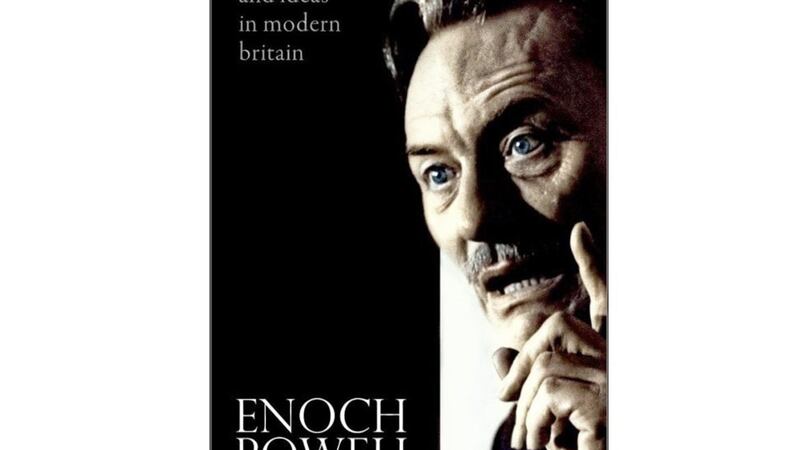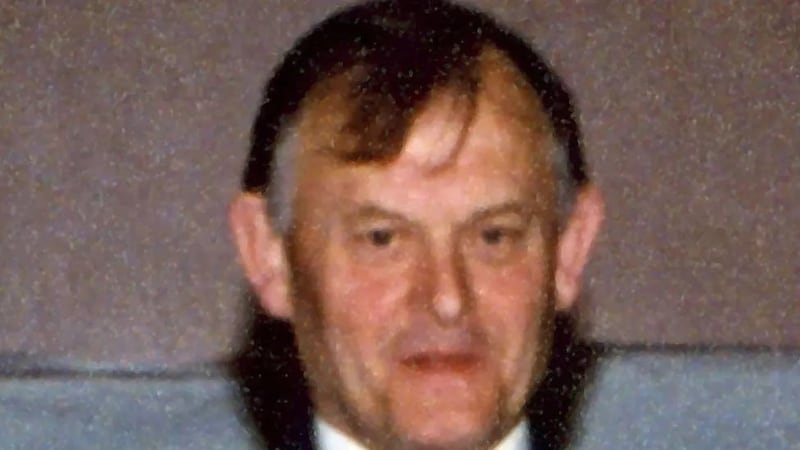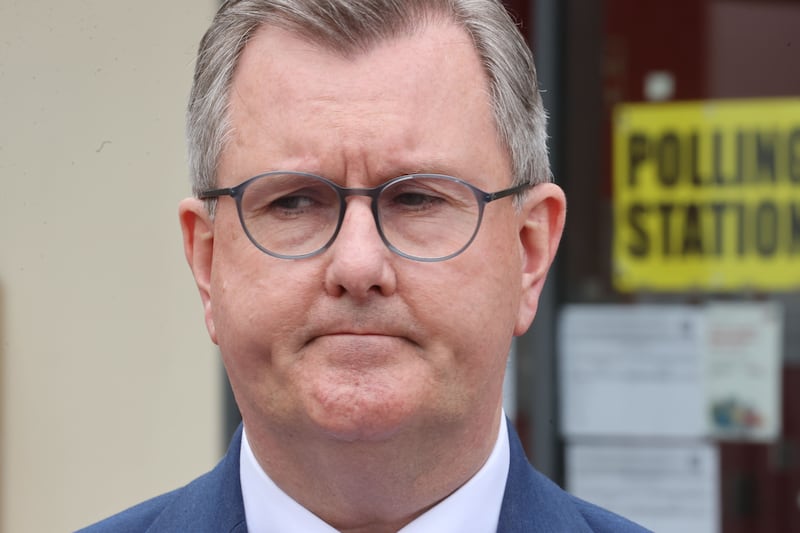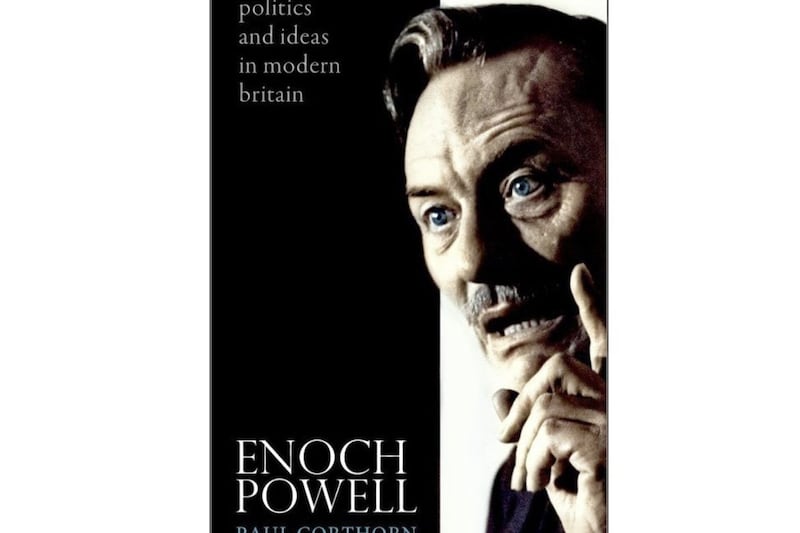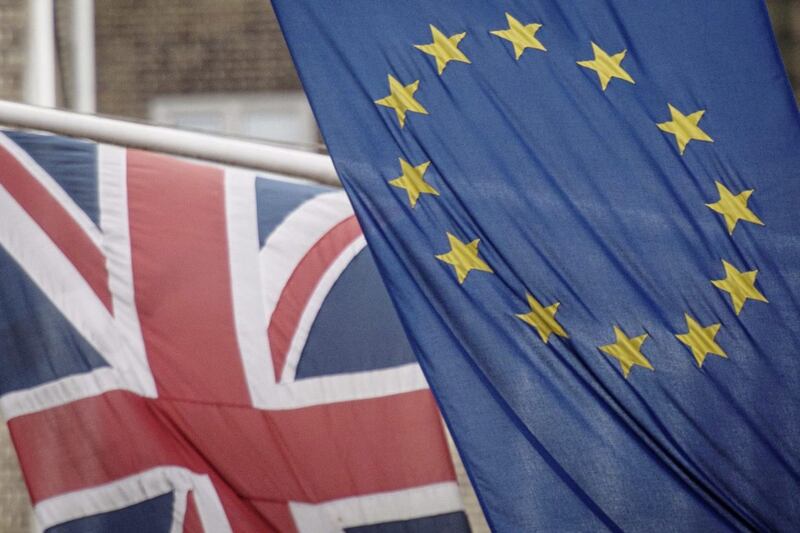ENOCH Powell's twin bête noires of immigration and the EU "have been fused" and are now central to the debate raging in British politics.
Yet, the former South Down MP himself has been marginalised posthumously, according to a new book by a Queen's University academic.
Enoch Powell – Politics and Ideas in Modern Britain by Paul Corthorn charts the career of the maverick Tory minister-turned-Ulster Unionist, whose 1968 'Rivers of Blood' speech drew widespread criticism and saw the MP branded a racist.
Born in 1912, Powell was one of the most prominent and controversial political figures of the 20th century.
First elected to Westminster in 1950, he served as a Conservative MP until 1974 before resigning over the Edward Heath-led government's decision to join the European Economic Community.
He subsequently joined the Ulster Unionists, winning the South Down seat in the 1974 snap election, and was the party's first MP never to be a member of the Orange Order.
Powell held the seat until 1987 when he was ousted by the SDLP's Eddie McGrady.
An ardent free marketeer, defender of the NHS, Eurosceptic and opponent of non-white immigration, later in his career he was also an advocate of unilateral nuclear disarmament.
Corthorn's book examines the inconsistencies in Powell's thinking and the ways his outlook changed over time.
In his assessment of the one-time health minister's legacy, he notes how his faith in the market has been "shaken rather than destroyed" by the financial crisis of 2007-8.
"Meanwhile, two of Powell's great causes – opposition to immigration and to the European Union – have been fused," the author writes.
The Queen's senior lecturer in modern British history points to EU enlargement in 2004 and the accession of a host of former Eastern Bloc states.
"With the government deciding not to restrict immigration from these states in their first five years of membership, by 2013 EU citizens were the single largest group of immigrants into the UK," the book states.
"This was the context in which the slogan of the Leave campaign in the 2016 referendum – to 'Take Back Control' – usually, in effect, referred to control of the UK's borders."
Corthorn notes that despite the former MP's prescience and a 2017 claim in a Financial Times article that "the age of Brexit is the age of Powell", he has become "marginalised and his public resonance revolves largely around immigration".
"The only notable politicians who have publicly identified with him are Nick Griffin from the British National Party, most prominently in 2008, and Ukip's Nigel Farage, who in 2014 stated that he agreed with the 'basic principle' of Powell's stance on immigration," he writes.
The author also notes the objections from the Bishop of Wolverhampton to placing a blue plaque on Powell's one-time constituency home and the controversy that followed the BBC's decision to broadcast his 'Rivers of Blood' speech to mark its 50th anniversary.
:: Enoch Powell – Politics and Ideas in Modern Britain' by Paul Corthorn is published by Oxford University Press on August 22.
